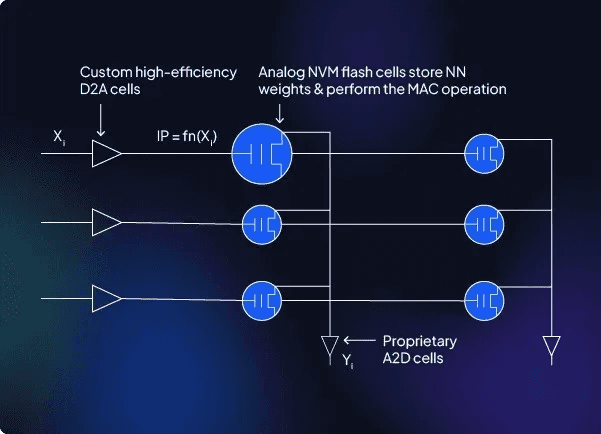Programming
Realm of Quantum Programming
A Glimpse into the Future of Computing...
Jul 20, 2022
Delving into the Realm of Quantum Programming
The realm of computing is poised for a paradigm shift with the advent of quantum programming. This revolutionary approach harnesses the mind-boggling principles of quantum mechanics to solve problems that are intractable for classical computers. As quantum technology matures, quantum programming is poised to revolutionise fields as diverse as medicine, finance, materials science, and artificial intelligence.
Distinguishing Quantum Computing from Classical Computing
At the heart of quantum computing lies the concept of qubits, the quantum counterparts of classical bits. Unlike classical bits, which can represent either a 0 or a 1, qubits can exist in a superposition of both 0 and 1 simultaneously. This unique property, along with other quantum phenomena like entanglement, enables quantum computers to tackle problems that are exponentially more difficult for classical computers.
The Emergence of Quantum Programming Languages
To harness the power of quantum computing, specialized programming languages have emerged. These languages provide a structured framework for expressing quantum algorithms and controlling quantum hardware. Some notable examples include Qiskit, Cirq, and Q#.
Quantum Programming: A Journey into the Unknown
Quantum programming is still a nascent field, and many challenges lie ahead. These challenges include developing more efficient and scalable quantum algorithms, designing robust fault-tolerant quantum hardware, and creating user-friendly quantum programming environments.
The Promise of Quantum Programming
Despite the challenges, the potential of quantum programming is immense. Quantum computers could revolutionise fields such as:
Drug discovery: Simulating molecular interactions to accelerate the development of new drugs and therapies.
Materials science: Designing new materials with enhanced properties for applications in electronics, energy storage, and catalysis.
Financial modeling: Optimising financial portfolios and risk assessment by analysing vast amounts of data.
Artificial intelligence: Enhancing machine learning algorithms for pattern recognition, natural language processing, and image analysis.
Quantum Programming: A Gateway to a Quantum Future
As quantum technology continues to advance, quantum programming will play an increasingly crucial role in unlocking the full potential of quantum computing. By developing and mastering quantum programming languages, we can pave the way for a future where quantum computers revolutionize industries and transform our world.
written by: Matthew Drabek
For our Services, feel free to reach out to us via meeting…
Please share our content for further education


